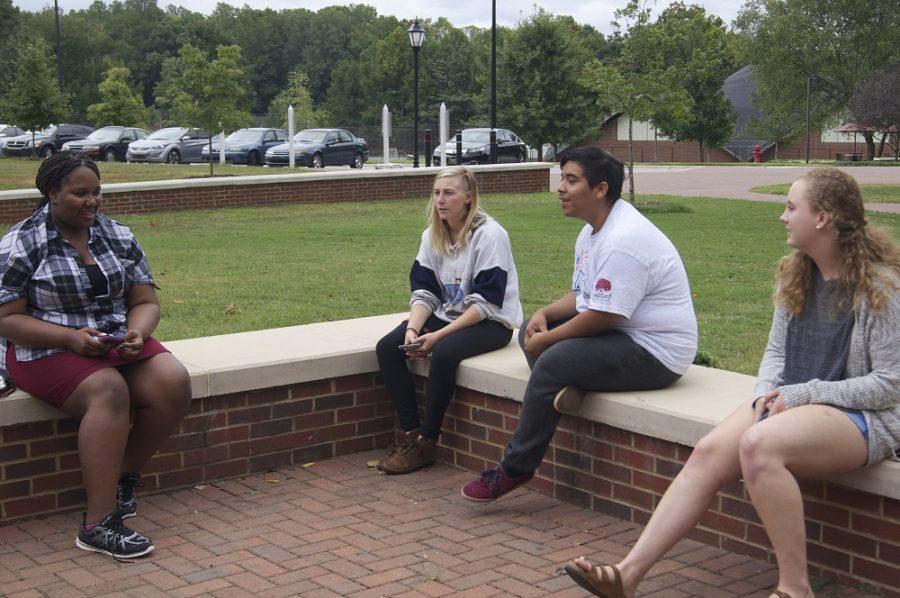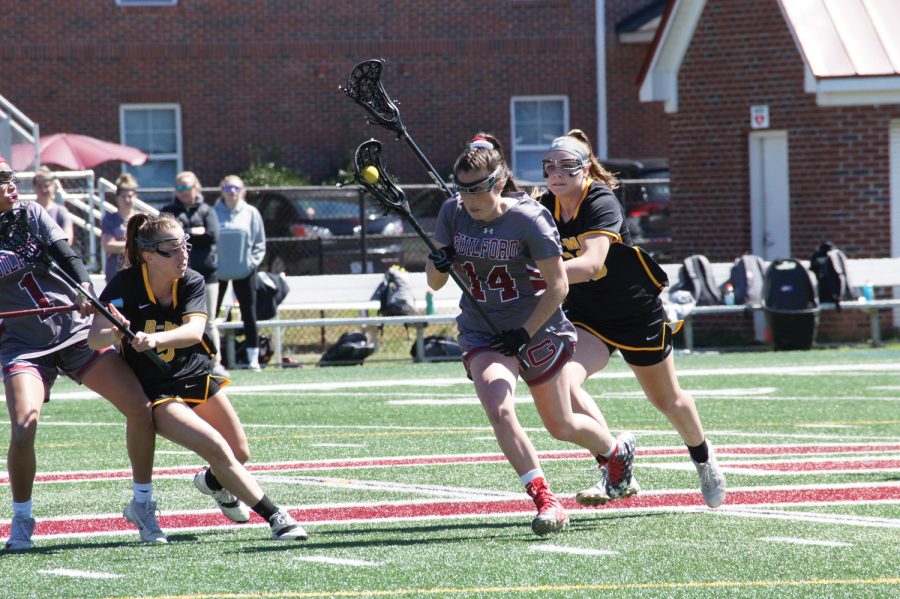In order to stand behind a cause, a community must provide the essentials for that cause. At Guilford College, emphasis is placed on community service and experiential learning, yet one of the basic essentials to achieve these things — transportation — is withheld.
Without a college-provided transportation system, many students without cars struggle to find a way to their community service sites. Carpooling is the most common way that student volunteers get to their destinations but leads to problems when the person with a car can’t go.
“A lot of times, if I can’t go to church one Saturday, we can’t go at all because we don’t have a vehicle,” said Connor Pruitt, a senior and Bonner Scholar who drives six other people to the service site, Church Under the Bridge, every week.
Other scholars and volunteers deal with regular scheduling conflicts.
“Sometimes I would set aside three hours of my time and then transportation issues wouldn’t allow me to get to my site, which really sucked,” said Elijah Rogan-Kelly, a sophomore Bonner Scholar who carpooled last year with an athlete whose practice schedule sometimes wouldn’t allow them to go.
Clearly, the fact that students are missing out on visiting their community sites is an issue. Community service can’t be done by someone who is unable to make it to the site, which many students realize.
“If (Bonner Scholars) cannot get to the sites, if they do not have reliable, consistent transportation, they can’t adequately do the job that they signed up for,” said Theresa Gregory, a CCE senior and Bonner Center site coordinator who takes public transportation to her volunteer site.
Reliability is not the only reason that college-provided transportation is a key need. There is also the question of liability.
When students drive themselves and others to their service sites, they can be reimbursed for gas money. However, that is as far as reimbursement and support of the College goes.
“When you’re out doing school business in your own car, the College is not liable for anything that may happen to your car,” said James Shields ‘00, director of the Bonner Center for Community Service & Learning.
Neither the College nor a college insurance policy deal with accidents and vehicle troubles, which leaves many students worried about possible consequences if something does happen while they are doing student activities like community service.
“I think, for the purposes of clubs and for special sites that students work with, that it should not be the student’s responsibility and liability,” said Elliott Jarrett, a junior and site coordinator.
This wouldn’t be an issue if Guilford were to provide vehicles specifically designated for taking students to different places around the city. Community service, one-day field trips held by professors and club outings could all be conducted more safely without the liability resting on individual students.
At the end of the day, the reason there is no common transportation system at Guilford College may be because of cost. However, when transportation is considered a need rather than a luxury, the issue of cost doesn’t excuse the complete lack of a system for it.
“When people go to English class, they don’t have to bring their own chairs,” said Andrew Young, the volunteer training coordinator of the Bonner Center. “The professor doesn’t have to bring her own whiteboard and set it up. We tend to take those things for granted, and we think an institution of learning should be providing those basics.”
Despite how so many feel, it seems the College is actually taking student transportation for granted.










